|
mental health, book reviews, medical, writer, writing tips, author, author interviews
3 Things NOT To Do To Your Hero When you write your story, you enter the mind of someone else—someone fictional, but I assure you, they feel more real than some of the people around you. Describing that person and putting their thoughts onto a page invites a reader to join you in this experience. That being said, if you want your reader to continue with your story and not chuck it across the room, there are a few ‘guidelines’ you are going to want to follow if your reader is supposed to root for your hero. Readers can forgive many sins of your characters. In fact, flawless characters are rarely interesting. Even murder can be forgiven by your readers if done right. There are, however, some unforgiveable sins. Hurting animals is one. And I don’t mean Old Yeller style or To Kill a Mocking Bird style where the dog has rabies or some irreversible illness and needs to be put down. I mean killing a dog for the sake of killing it, or hurting animals in general. This is something that your villain might do—and your audience will hate them all the more. But if your hero is the perpetrator, that’s a sin many of your readers will not forgive. 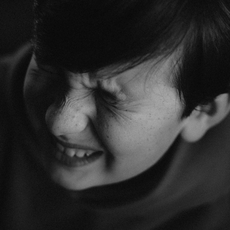 Another unforgivable sin is the hurting of children. If your protagonist strikes a child, forget it. Credibility to their good nature is completely lost. Now, there have been incidents where a child is killed, but it has to be in the heat of the moment or by accident. Think about a war scene where a soldier is clearing houses and accidently shoots a child. Usually, this memory haunts them for the duration of the story as they live with remorse for what they did. If they intentionally kill or strike a child, however, they are not your hero. They are your villain. Did you know that in the original mythology, Hercules kills his wife and children in a rage? How do you feel about him now? Yeah, that’s how your readers will feel about your character. Don’t do it. 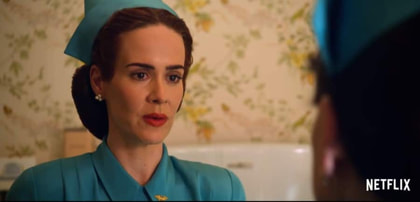 I was watching the TV show Ratched the other night on Netflix, and was captivated by the main character. Mildred Ratched is deliciously evil, but ***Spoiler Alert*** halfway through the season, she has a massive personality shift. Suddenly, she’s not the anti-hero, but the victim and the sympathetic protagonist. I finished the season, but I won’t pick up season 2. Now, the writers tried to back-pedal and say that she was just trying to save her brother, and therefore did all of those evil things. Here’s the thing, though: Mildred performed a craniotomy on an innocent person, practically turning him into a vegetable. That’s an unforgivable sin. But nonetheless, they try to explain it all away with a sympathetic story and proceeded to tell the story as if she is now the hero instead of the anti-hero. Sorry, but I’m not biting. You took an interesting character and killed her. Thank you and good night. Don't forget about your protagonist or put them on the backburner!!
Imagine if halfway through the hunger games, Peeta shoved Katniss to the side, took her bow and arrows, and killed all the baddies? Katniss would no longer be the heroine we know and love. If you have read my previous posts concerning POV, you will see why most agents/publisher’s prefer 3rd person limited view. It helps keep your protagonist in the center of the action. A good protagonist is not a passive part of the story, but an active part. This means he/she is making decisions to push the plot forward. Think of Katniss volunteering as tribute. She makes that choice. She chooses to pull out the berries. She is an active participant in the novel, not just a passive pawn that is moved across the board. This is a list of three things not to do to your hero. My next post will be about ideas to do to your hero.
0 Comments
Leave a Reply. |
Details
AuthorRW Hague is a registered nurse with over eight years of experience within the medical field. Using her medical expertise, she writes stories that are gritty and compelling. Archives
November 2023
|
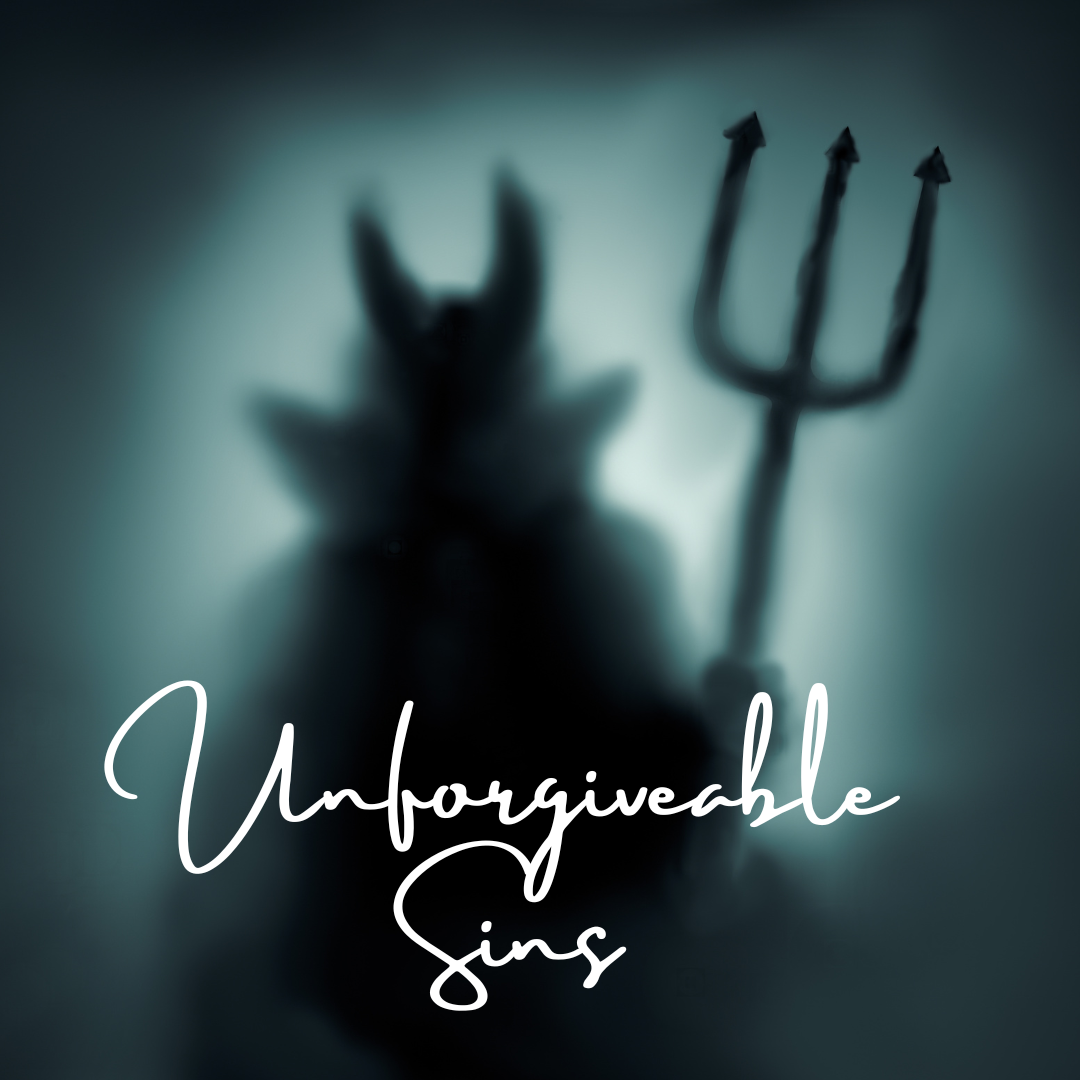
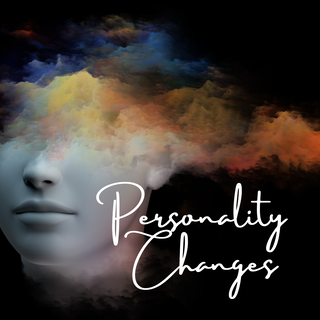
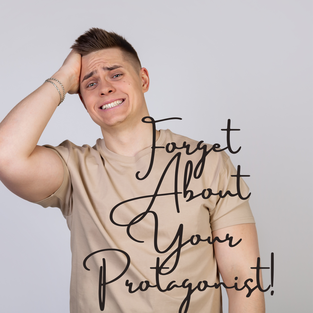
 RSS Feed
RSS Feed